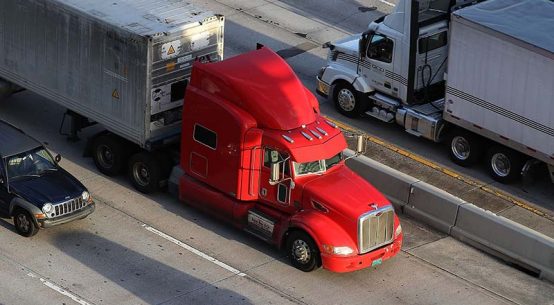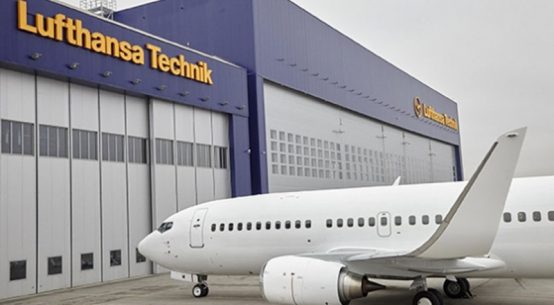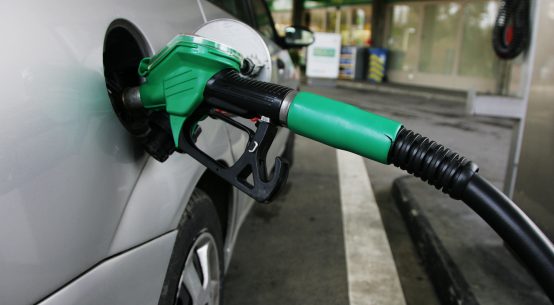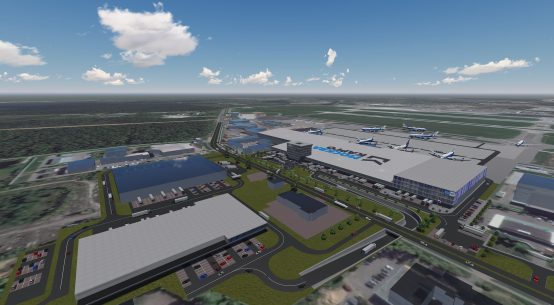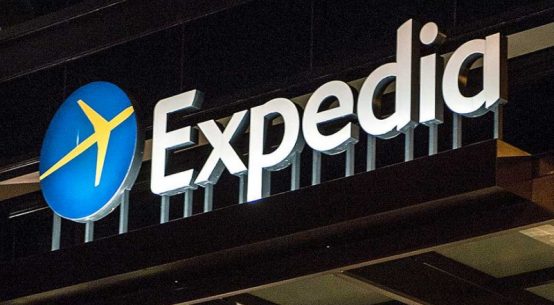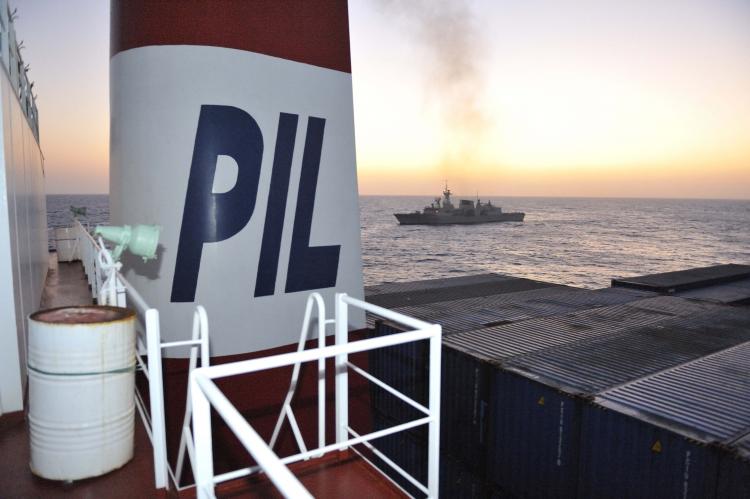
In August 2016 Nigeria and a Singaporean firm, Pacific International Lines (PIL) signed a Memorandum of Understanding (MoU) over maritime national carrier/fleet status. But one than 15 months after inking the MoU no action has been taken by both parties to actualize it.
The MoU is meant to establish a private sector driven Nigerian National Fleet to fly Nigerian flags on Container/Dry Cargo Vessels, Crude Oil Tankers and Offshore Supply Vessels (OSV) to operate in the international, African and Nigerian Cabotage Waters.
Imagine your ad placed here
Now facts have emerged on why PIL is reluctant to fly the Nigerian flag, for now, and Nigeria appears very helpless.
Speaking to select maritime correspondent’s on Friday ahead of the 2017 Annual General Meeting of the Ship-owners Association of Nigeria (SOAN), in Lagos, President of SOAN, Engr Greg Ogbeifun, explained that Nigeria’s tax laws put the Singaporean firm off from the onset of the MoU agreement.
According to Ogbeifun, “I was part of the delegation that went with the Minister of Transportation to Singapore in 2016 during the signing of the MoU.
“Along the line, after we had signed the MoU in Singapore with PIL, the company came up with issues as regards our local tax laws. Firstly, PIL made reference to our local laws that will not make the agreement viable. And they put it in black and white that unless some of this laws are reviewed, it will be hard for them to fly the Nigerian flag. That was the biggest setback for that MoU.
“This is also affecting our crude oil tanker quest. We have to decide if we want these things to happen in Nigeria. Let’s review our laws, just like what Malta did.
Although Nigerians prefer a national fleet as distinct from a national carrier but the governemt opted to support the emergence of a Nigerian fleet that is completely privately-owned and privately driven. So the role of the government is to support, facilitate and make it easier for the private sector to make this happen.
And the tax laws drawback is removed, both parties would have developed details of the operation of the national fleet.
According to Ogbeifun “Malta turned around its maritime administration by reviewing its tax laws. Malta made its tax laws attractive for international participation, and today that country is the envy among maritime nations.
“What are we talking about? If you are an American, or a Briton or a Greek, and you decide to buy a crude oil tanker that will fly your country’s flag, the government has a law that allows you to bring in your tanker into your country on zero duty payment.
“In Nigeria, if you are bringing in a canoe, a tugboat, speedboat or a tanker, the sum total of the importation cost that you will pay is about 14%.
Follow us on TWITTER for more Logistics News Follow us on FACEBOOK for more Logistics News
“So if you buy a crude oil tanker for $100m dollars, if you take it to America, you will pay zero duty as long as it is carrying an American flag. Same in Britain and Greece. But if you bring it to Nigeria, you will pay N14m even when it is flying Nigerian flag.
“Again, you have to remember that Nigerian flagged tankers will be competing with foreign flagged tankers in the same market, so automatically, the Nigerian flagged tanker is already disadvantaged.
*That is one reason PIL slowed down on the MoU it signed with the Nigerian government. PIL put it in writing that unless these tax laws are reviewed, it won’t be able to fly the Nigerian flag.”



